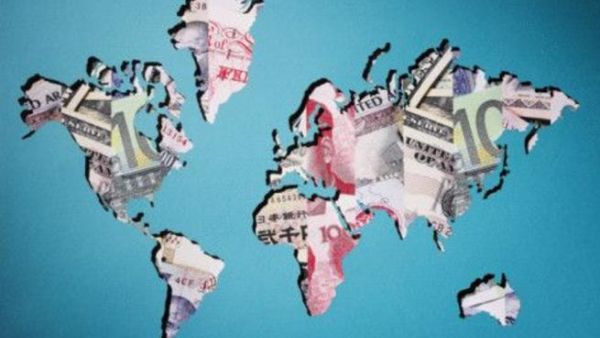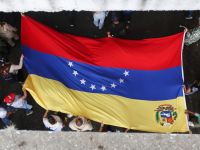The economic depression that was set in motion by the global financial crisis of 2008 might feel like it is never ending. Well, a poll of senior economists suggests 2012 is unlikely to bring too much relief.
Europe faces another year of dismal economic performance in 2012 that will weigh heavily on global growth, according to an analyst poll carried out by Reuters yesterday, while many of the world’s biggest economies are heading into recession.
Global stock markets look set to recoup only a fraction of the heavy losses sustained this year, oil prices will head south and asset managers are unsure where best to invest, the analysts said. These could even be the best-case scenarios.
Most economists base their assumptions on the hope that the eurozone’s sovereign debt crisis will not boil over into a new global economic crisis, having already dented growth in major exporters to Europe. Still, most major emerging market economies like Brazil and China should pick up speed later next year.
All of them have suffered from slowing economies in recent months, mainly due to tightening monetary policy in the face of high inflation. “It’s important to stress the world economy is still growing. But it’s a tale of two worlds,” said Gerard Lyons, chief economist at Standard Chartered Bank. “The storyline for 2012 is that Europe drags the world down in the first half of the year, and China drags it up in the second half of the year.”
Enormous political risks cloud the outlook further, with elections and leadership changes in the most powerful countries and the prospect of continuing turmoil across the Middle East. Still, there are signs of hope. The US economy has performed better than most had hoped over the last quarter of 2011 and economists see it growing by around 2.2 per cent in 2012, compared with zero growth in the eurozone next year.
“The big unknown in Europe and the US is that big companies, with balance sheets in good shape, have the ability to invest at home if they want. It’s more likely that will take place in the US rather than Europe,” said Lyons.








